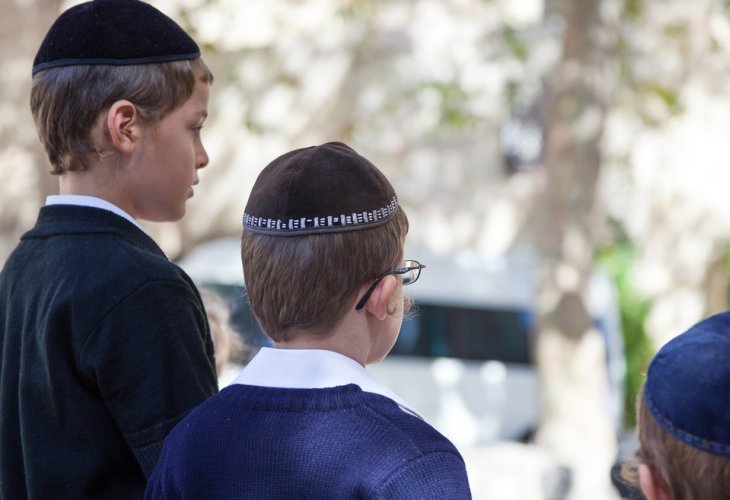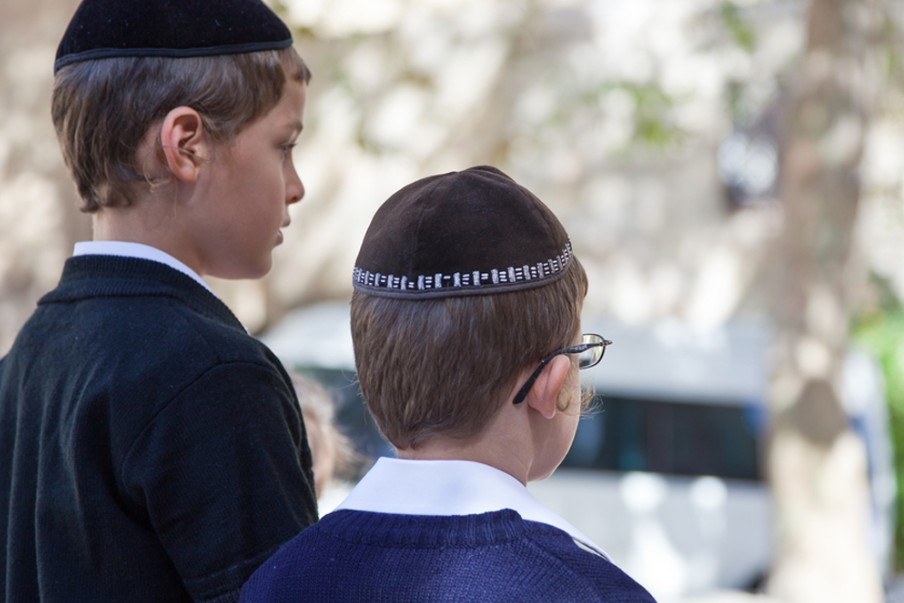Jewish Law
The Power of Blessings: How Daily Berachot Bring Abundance, Protection, and Divine Connection
How mindful blessings uplift the soul, awaken holiness, and draw divine abundance to every part of life

The Zohar (Parashat Vayechi) teaches: “Anyone who blesses Hashem is blessed, and one who does not bless does not merit any blessing, as it is written: ‘For those who honor Me, I will honor.’ In addition, he will merit long life.”
The book Mitzvot Zmaniyot says: “Know, my son, that the greatest of all mitzvot, and the strongest of all spiritual practices, is the matter of blessings. Every believer is obligated to bless our God for every single thing with its appropriate blessing.”
Angels Answer ‘Amen’
The book Kav HaYashar (chapter 96) writes: “Whenever one recites a blessing over a mitzvah, the angels associated with that mitzvah gather around the person, listen to the blessing, and answer ‘Amen.’”
One Who Blesses Is Considered to Have Fulfilled All the Mitzvot
A Midrash explains: “Taste and see that Hashem is good.” Hashem says: “Fulfill all the mitzvot I have given you. If you eat from the fruits of the land or the tree, bless Me over them.”
In Zayit Raanan it is explained: “If you bless over everything, it is as if you are fulfilling all the mitzvot.” (Yalkut Shimoni, Tehillim 34)
Through a Blessing, It Is as If One Eats From His Own
Another Midrash states: “‘You said to Hashem: Hashem is my Master.’ Hashem responds: If you eat and say ‘Blessed are You, Hashem,’ do not think you are benefiting from My food. It is considered as if you are eating from your own.”
It continues: “And it is as if you fulfilled the entire Torah, as it says, ‘And you shall eat, be satisfied, and bless’ — and next to it: ‘The entire mitzvah…’” (Yalkut Shimoni, Tehillim 16)
This Midrash highlights three ideas:
A blessing is considered as if you are eating from what is truly yours.
It is as if you fulfilled the entire Torah.
This is the way of our forefathers — and through blessing, a person attaches himself to their deeds.
A Jewish Child Saying One Blessing Affects All the Worlds
The Brisker Rav sent two students to establish a yeshiva in Or Yehuda for children from broken homes. After long effort with little visible success, they asked if they should continue.
The Rav replied: “It is enough that you succeed in having a Jewish child say one blessing! If you knew the greatness of a child reciting ‘Shehakol,’ you would never consider closing the institution.”
He added: “Look in Nefesh HaChaim and see how powerful a blessing is in all the worlds.”
For One Blessing a Day, It Is Worth Suffering Pain
In Derech Sicha, it is recorded that Rav Chaim Kanievsky was asked about a woman suffering terribly, unable to move. Should they pray for her life to be prolonged?
The questioner recounted: The Maharil Diskin once blessed a severely ill widow with “a good year,” and she asked for long life. When others wondered why she wanted prolonged suffering, she explained:
“Once a day, after I am washed, I can say a blessing with cleanliness. It is worth enduring an entire day of pain to merit saying one blessing.”
Rav Chaim responded: “She spoke correctly. One should pray that the patient have long and healthy years.”
 (Illustration photo: shutterstock)
(Illustration photo: shutterstock)Blessings Are Like a Sweet-Smelling Offering Before Hashem
Chazal taught: “The prayers were instituted corresponding to the daily offerings.” Just as a korban (sacrifice) is “a pleasing fragrance to Hashem,” so too are blessings and prayers considered a spiritual offering.
If Bread Had Intelligence, It Would Dance with Joy
Rav Baruch Ber Leibowitz once shared the excitement he felt upon hearing a Jew in Slutsk recite a blessing over a loaf of bread.
He said: “If bread had a mind and could speak, imagine how it would rejoice! It would dance with joy, knowing that through it, the great and awesome Name of Hashem is being blessed.”
(HaRav HaDomeh L’Malach, p. 273)
How Can One Bless with Proper Intention?
From Notrei Berachah, teachings of great Torah leaders:
Rav Shmuel Halevi Wosner:
“It is true that concentration is difficult, but the solution is: recite each blessing from a written text.”
Rav Chaim Kanievsky:
“Think about the words of the blessing. If you practice this, it becomes easy. To acquire the habit, focus for 30 consecutive days.”
Rav Yehudah Tzadkah:
Divide the blessing into three pauses:
Baruch Atah Hashem — pause
Elokeinu Melech HaOlam — pause
Then continue.
Rav Yisrael Salanter:
“Accustom yourself to concentrate on the first two blessings of Birkat HaMazon.”
The Primary Path to Attain Ruach HaKodesh
Rav Chaim Vital writes that careful attention and intention in blessings — especially blessings over food, is the primary spiritual tool for attaining Ruach HaKodesh (Divine inspiration):
“The attainment of Ruach HaKodesh depends on a person’s intention and care in blessings of enjoyment. Through them, the forces of impurity attached to physical food are removed, the person’s material self becomes purified, and he becomes fit to receive holiness.”
He concludes: “A person must pay attention whenever he blesses — to bless with deep intention, word by word, with great joy.”
(Kaf HaChaim, Orach Chaim 158:76)

